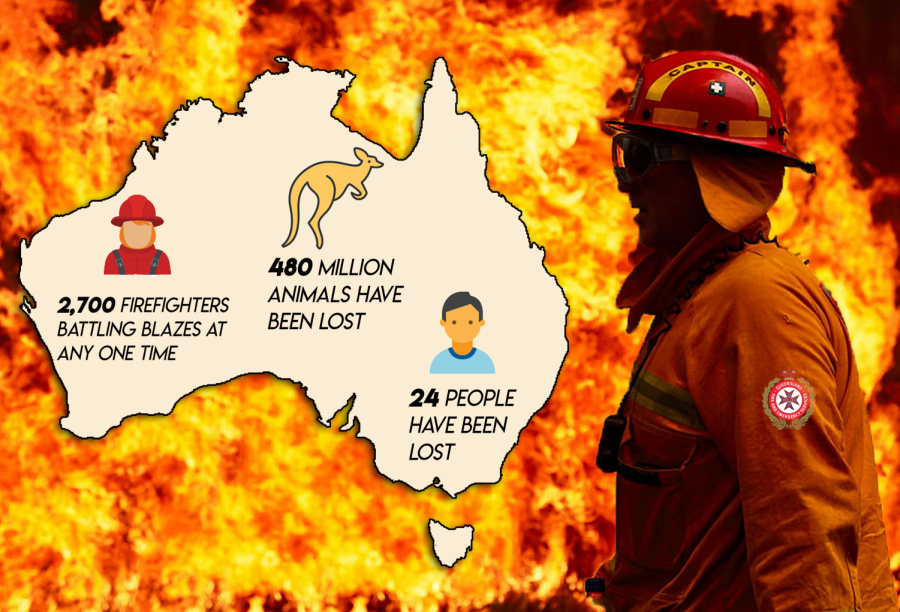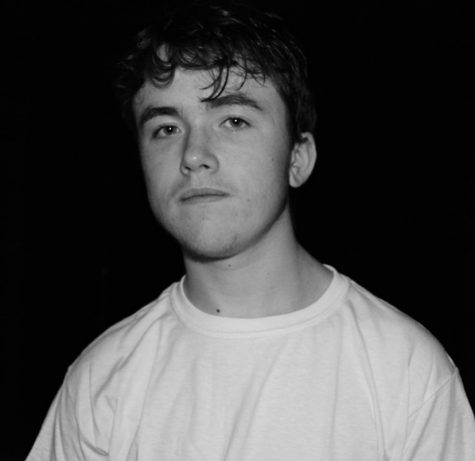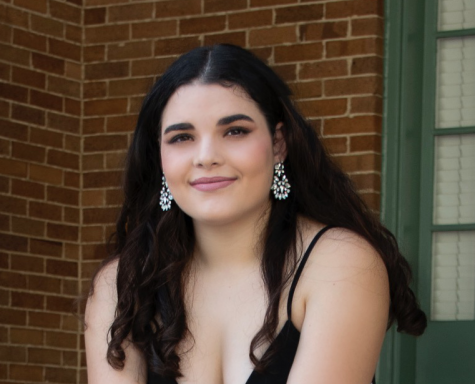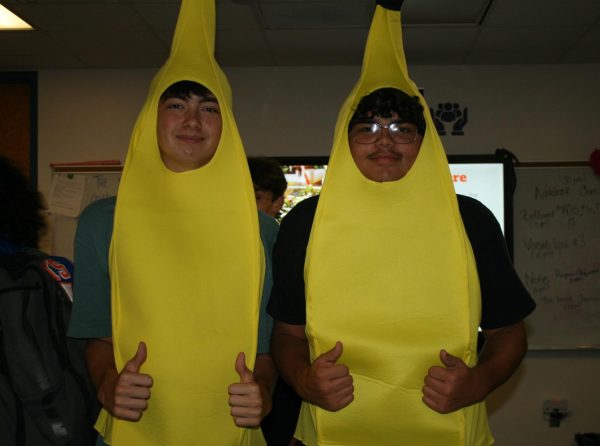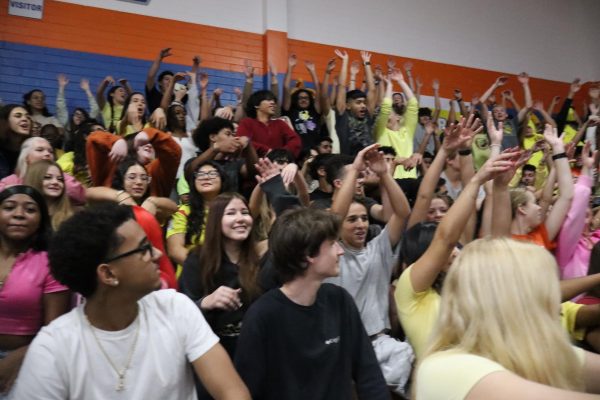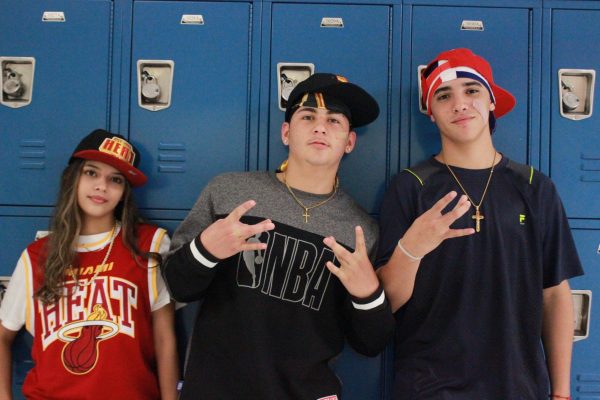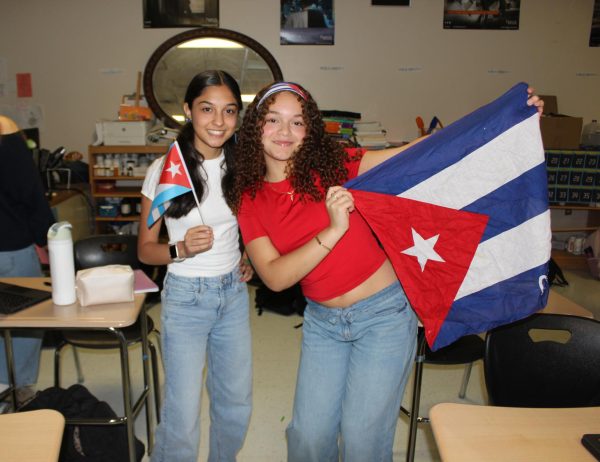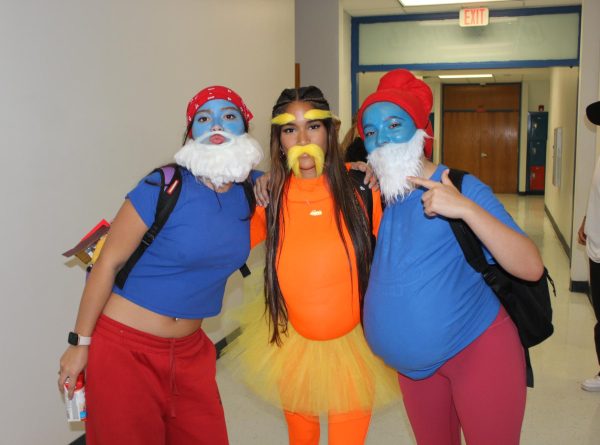Fires in Australia motivate students to help
Looking Past the Fire: The impact of the Australia fires can be seen in the number of animals, people, and firefighters lost.
Embers are strewn across the forest floor while a koala nurses its young. The raging inferno is fast approaching; there is little time until it engulfs them, and they will soon share the fate of hundreds of thousands of animals before them. The koala, once a national icon and a proud symbol of Australian culture is now pushed to the brink of extinction. The formerly abundant ranks are now disparaged, devastated by the blazing fires reducing the bush, their homes, to nothing.
Following months of coverage of the devastating Amazon Rainforest fires, another environmental disaster may come across as just another fruitless headline to the general public as the increasing threats to our planet continue to be more commonplace in today’s society.
The sheer magnitude of these fires has gone largely under the radar, but it cannot be understated. Since the Australian bushfire season began in the fall, 17.9 million acres have been scorched (so far) across the country, more than the Amazonian and Californian fires this past year combined.
Nearly half a billion animals have been affected, with millions killed (including 28 human deaths). The destruction cost 3.5 million dollars in damage with over 10,000 homes left uninhabitable. The fires wreaking havoc across Australia hit home for some at Cape High.
Freshman Maddie Lehman is troubled by the recent uptick in the rate these flames have been spreading. “My overall thoughts on the Australian fires were shocking and worrisome,” she said. “I have my grandparents, aunts, and uncles all located in the state of Victoria. I was very concerned for their safety, especially since it was all over the local media.”
While many will simply not address the threat the fires present with any legitimacy, they just can’t ignore the incredibly concerning trends occurring with these fires and others similar in magnitude to it. Temperatures are rapidly increasing, and dry seasons are becoming more and more prolonged.
“Personally I feel the entire situation is devastating from a human and nature standpoint,” Lehman said. “Over a billion animals were lost, houses were destroyed, and people lost everything.”
However, it is not too late to step in and prevent the permanence of these catastrophic effects plaguing the environment today. Thousands are engaged in relief efforts to provide aid for the Australian people and the wildlife. Firefighters from all over have flown across the world to provide assistance.
A common misconception is that in order to help Australia in this troubled time, one must go hands-on, physically rescuing koalas from burning trees. In reality, anyone can chip in, regardless of where you are. Sophomore Nicole Kraus, decided to use some of her Christmas money to donate to the cause. “When I heard about the fires and how many animals were being affected by it, I wanted to help,” she said.
Her charitable donation went to The Koala Hospital. “The organization I donated to uses the profits to help with the rescue and treatment of koalas affected by the fires and provides a permanent living place for them if they aren’t fit to be released,” she said. They are just one of many groups aiming to preserve the beauty of Australia and its wildlife.
Nevertheless, there is only so much support other nations can offer; the fate of Australia inevitably falls into their own hands. The fires will persist unless the government revises their current methods, which have proven to be ineffective thus far.
“To improve the situation there, I think the authorities need to implement stricter fire regulations and have more qualified resources to battle fires,” Lehman said.
Only time will tell whether everyone can step up to the task and save the diverse ecosystem of Australia before the damage becomes irreparable.
Your donation will support the student journalists of Cape Coral High School. Your contribution will allow us to purchase equipment and cover our annual website hosting costs.


